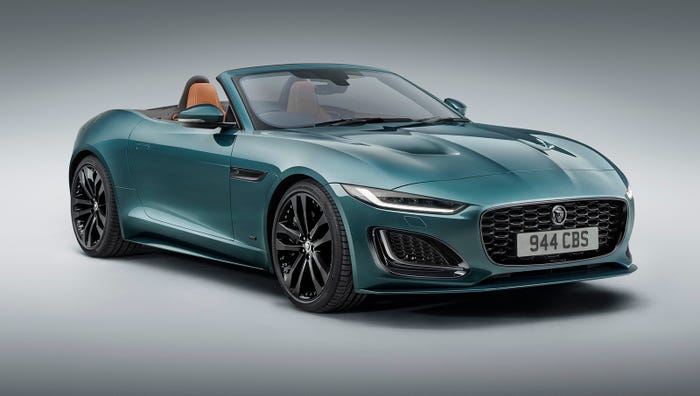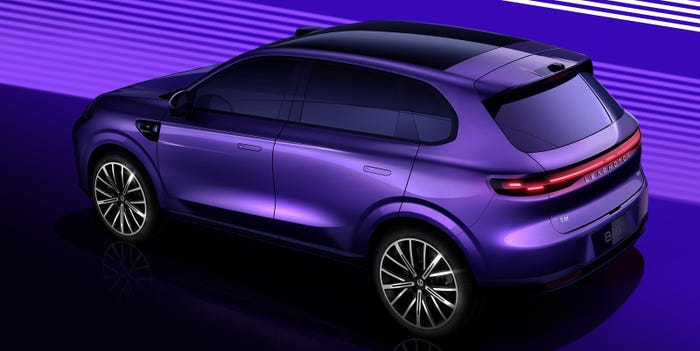
The battery-electric-vehicle startup market continues to roil, with Fisker inching closer to the cliff and Lucid Motors getting a fresh capital infusion from its Saudi Arabian backers.
Fisker announced that talks with Nissan to give it a short-term lifeline have ended. Those talks would have given the company upwards of $400 million in new capital in exchange for giving the Japanese automaker access to its electric pickup platform.
Nissan walked away from talks. One source with knowledge of the negotiations says Nissan engineers passed on wanting Fisker’s BEV architecture, which could have served as the basis of a Nissan-branded compact electric pickup.
Trading of Fisker shares was halted for a period of time on March 25 as information around the talks was clarified. The end of talks with Nissan has moved Fisker to seek other financial lifelines, the company acknowledges. Chapter 11 bankruptcy for Fisker is a real possibility.

The acceleration of the electrification of cars and trucks lowered the barriers for many new entrants to the auto industry. The largely software-defined-vehicle architectures make it easier for many companies to meet regulations and engineering standards. But companies such as Fisker, Lucid, Nikola, Rivian and more are finding it's still challenging to establish a new car company and name awareness, whether it be battery-electric- or internal-combustion-engine derived.
For Henrik Fisker, it would mark the second time a car company bearing his name filed for bankruptcy if that is the way things go. It did not help matters that Consumer Reports, the influential rater of vehicles, recently tested the Fisker Ocean SUV and dubbed it “Inexcusable.”
Meanwhile, Lucid, already with a list of good ratings and endorsements from the automotive media, is nonetheless struggling to generate brand awareness and sales. But the company received a new infusion of $1 billion from its majority stakeholder, Ayar Third Investment Company, an affiliate of the Saudi Public Investment Fund. That news pushed up Lucid shares more than 8%.
About the Author
You May Also Like





